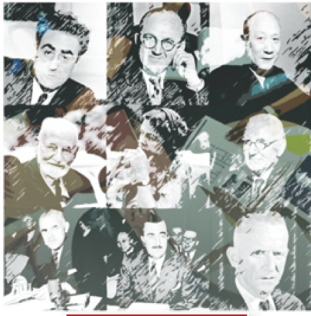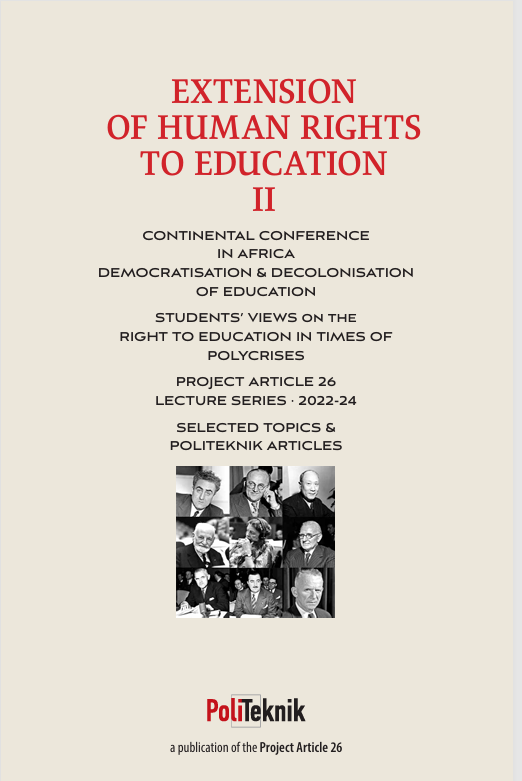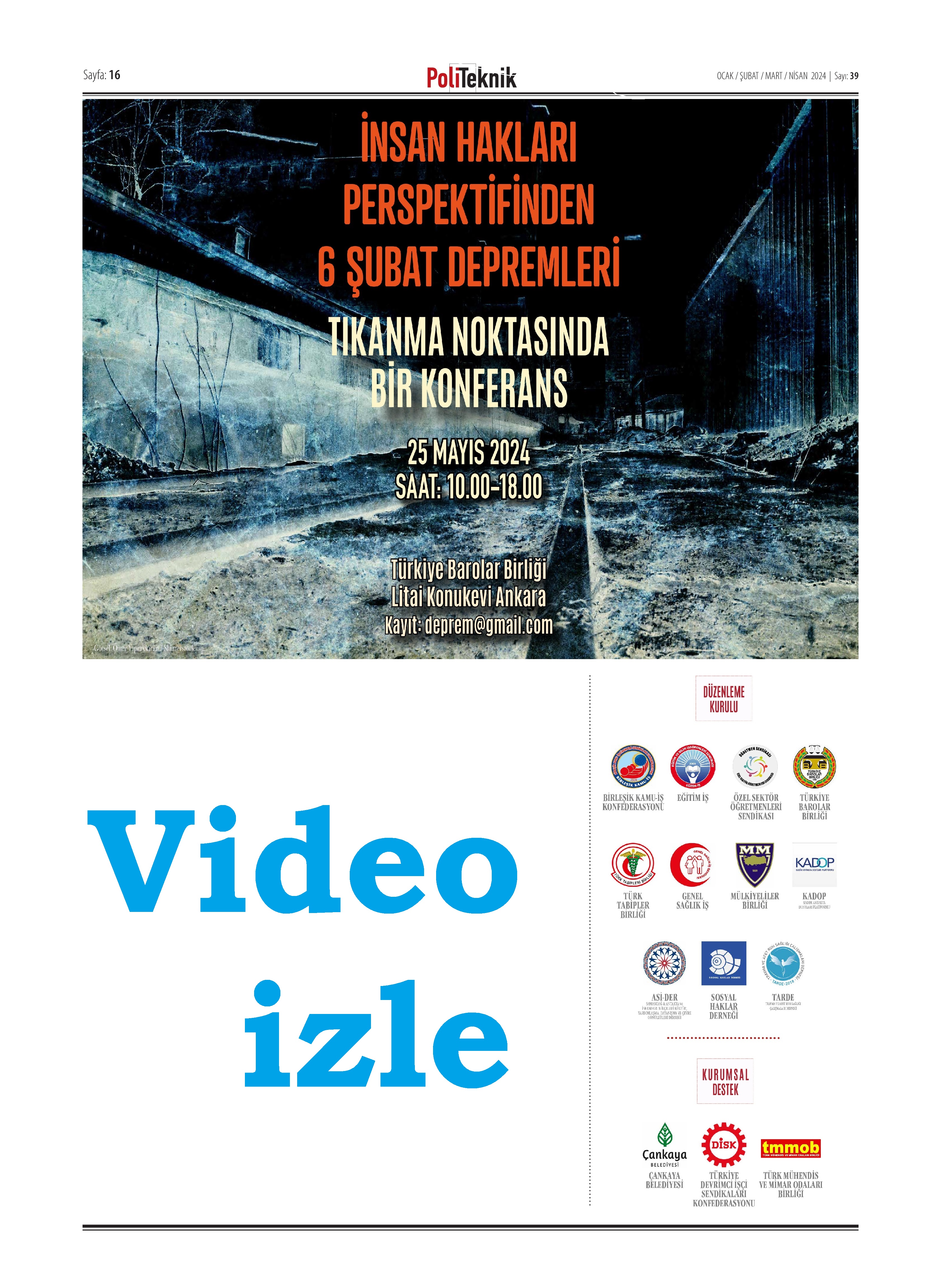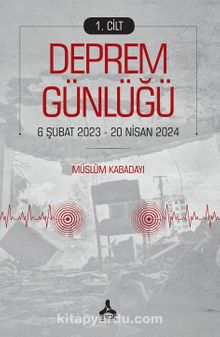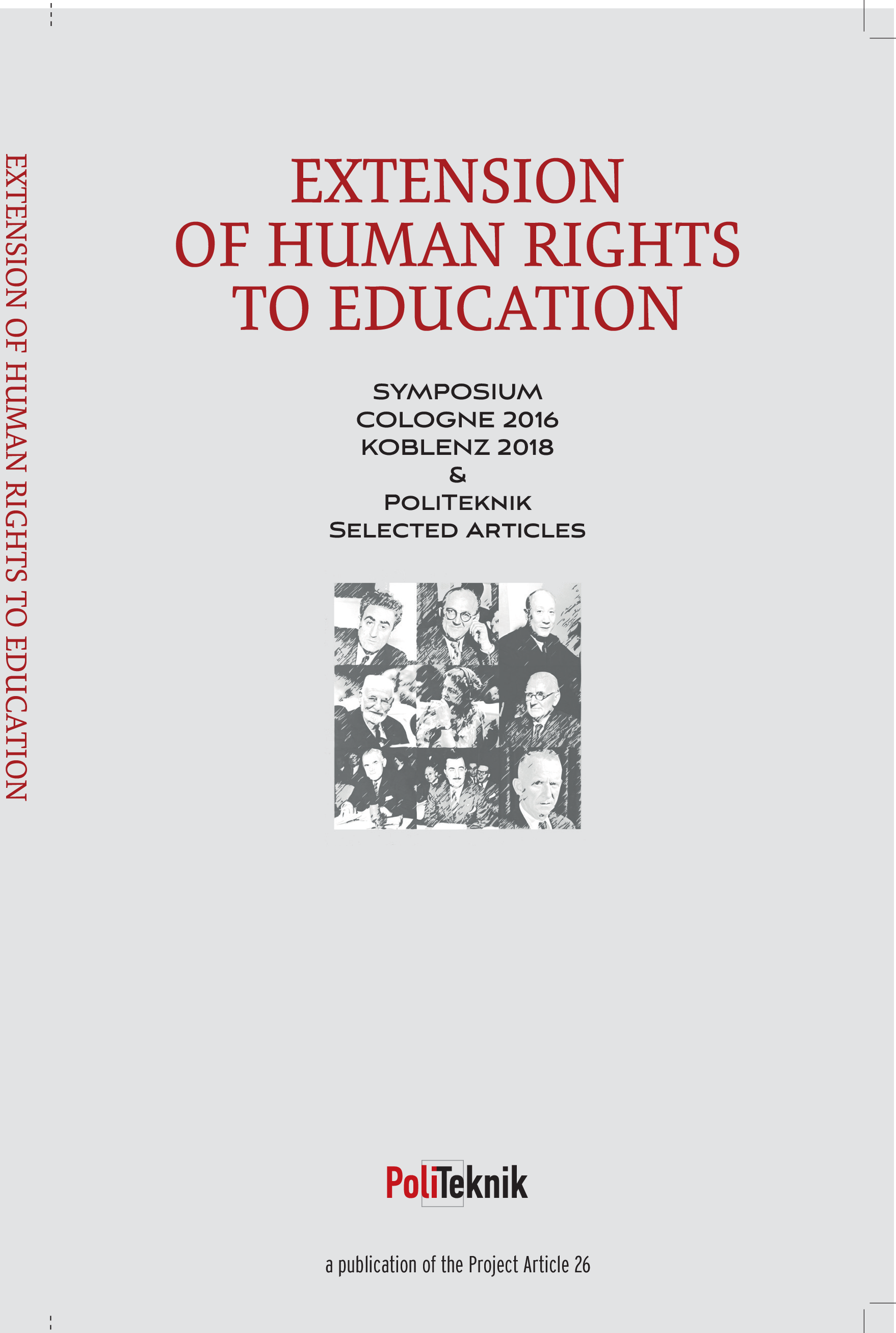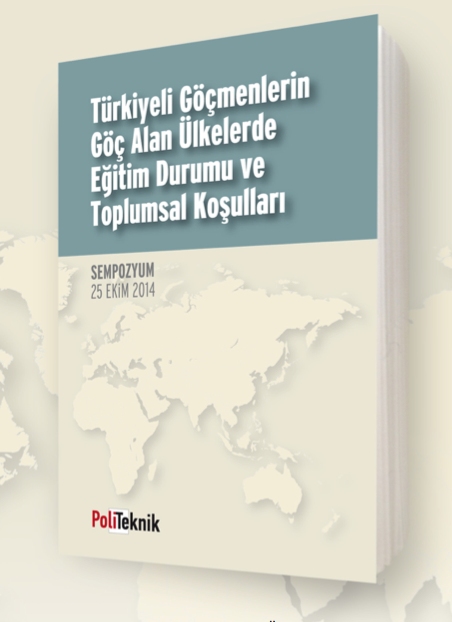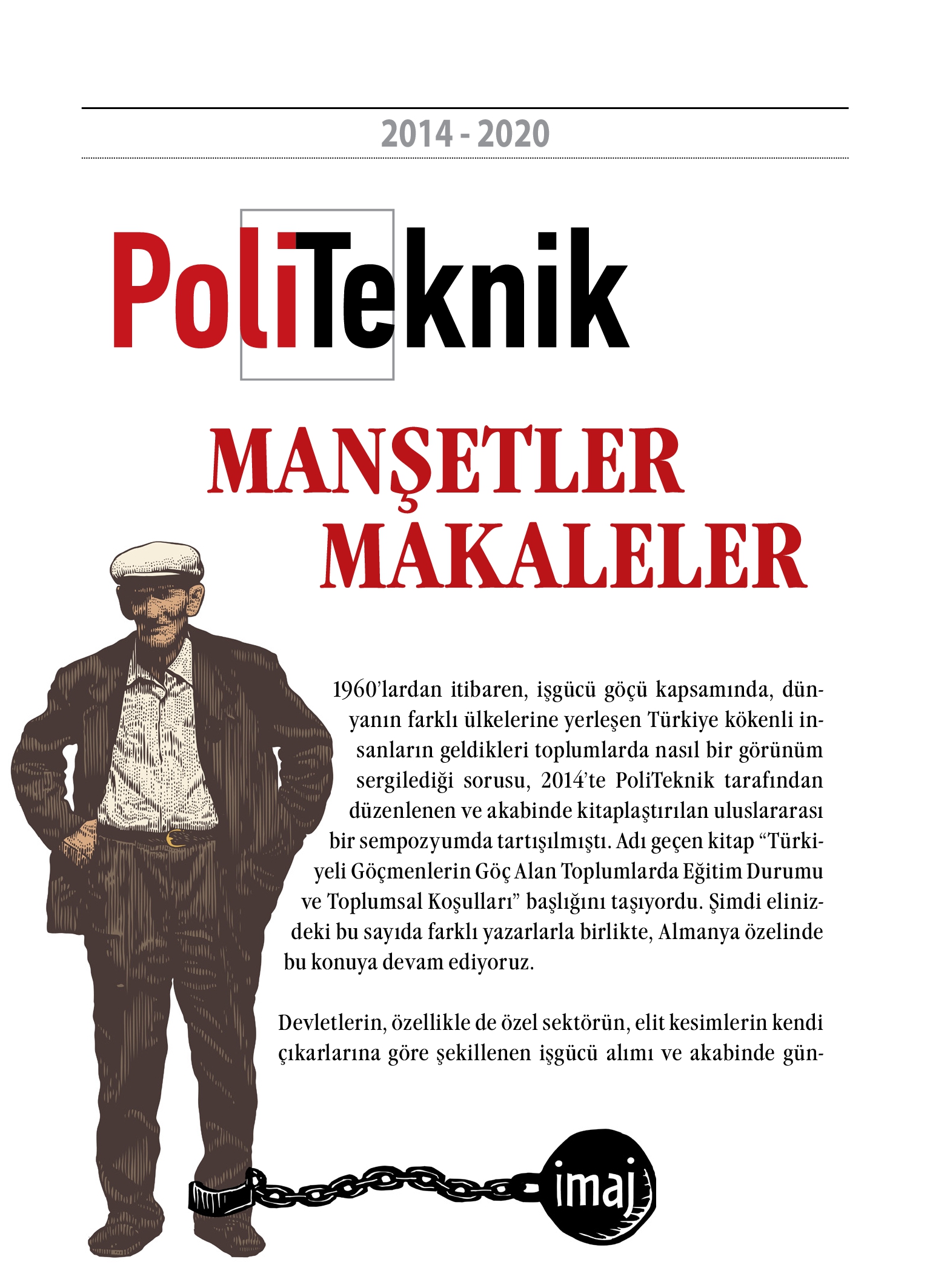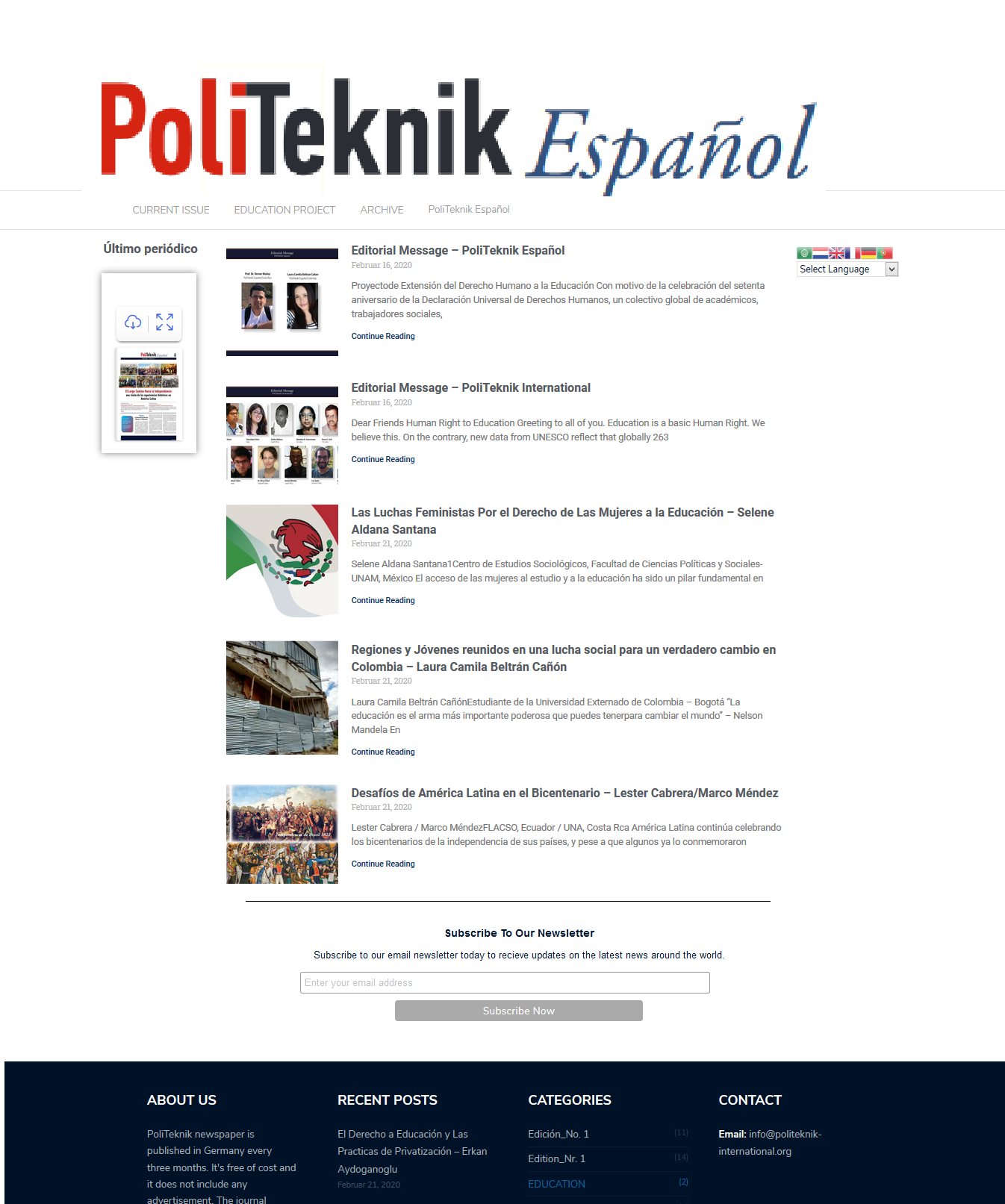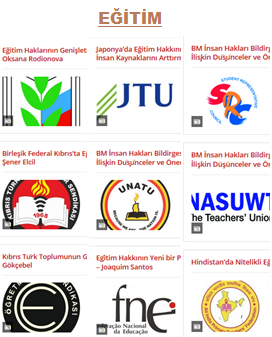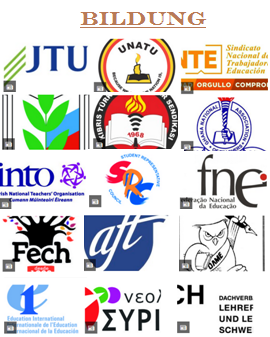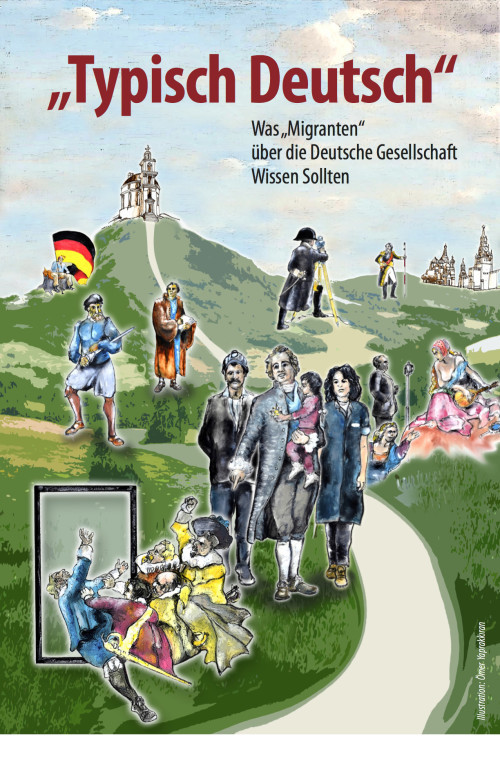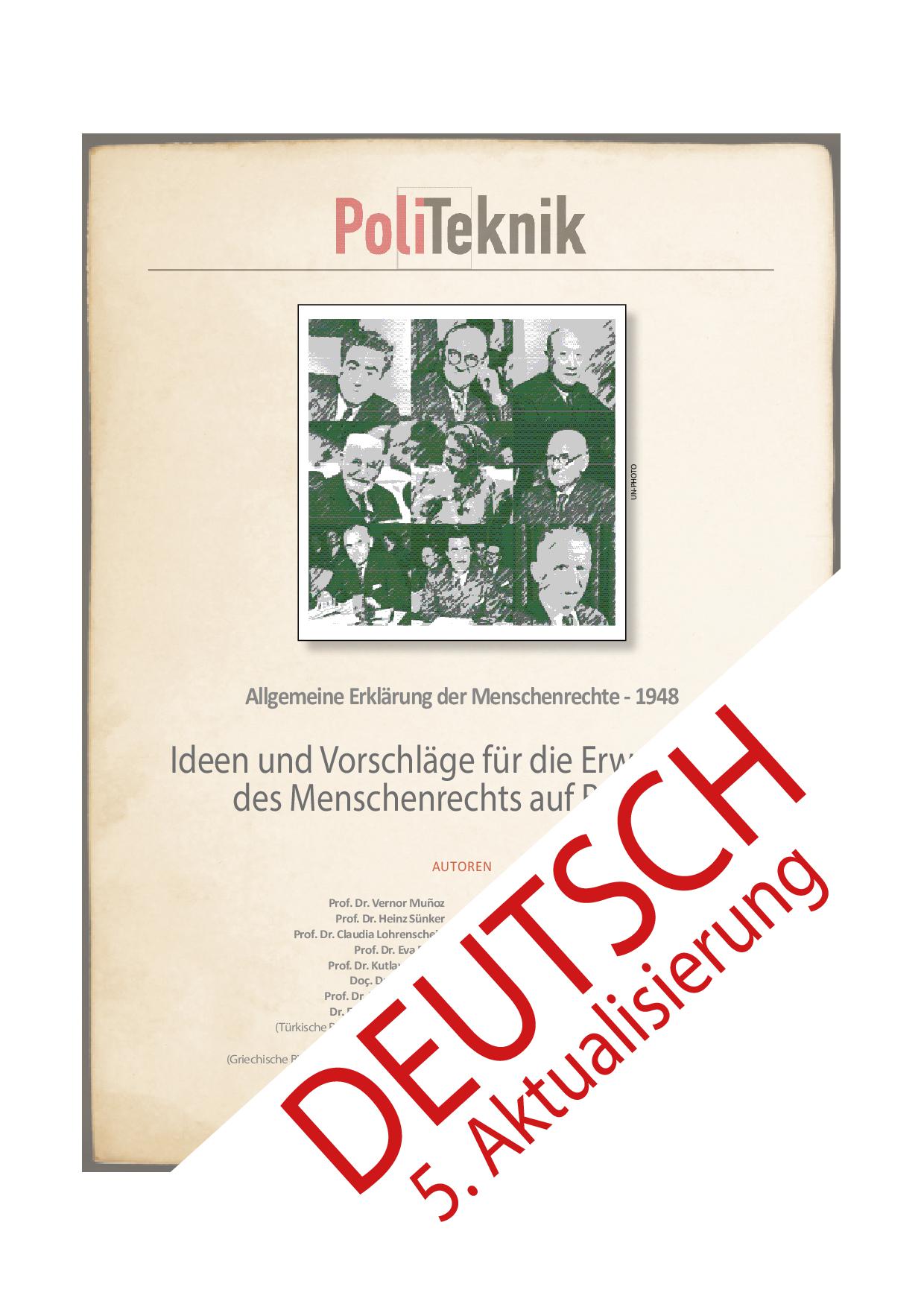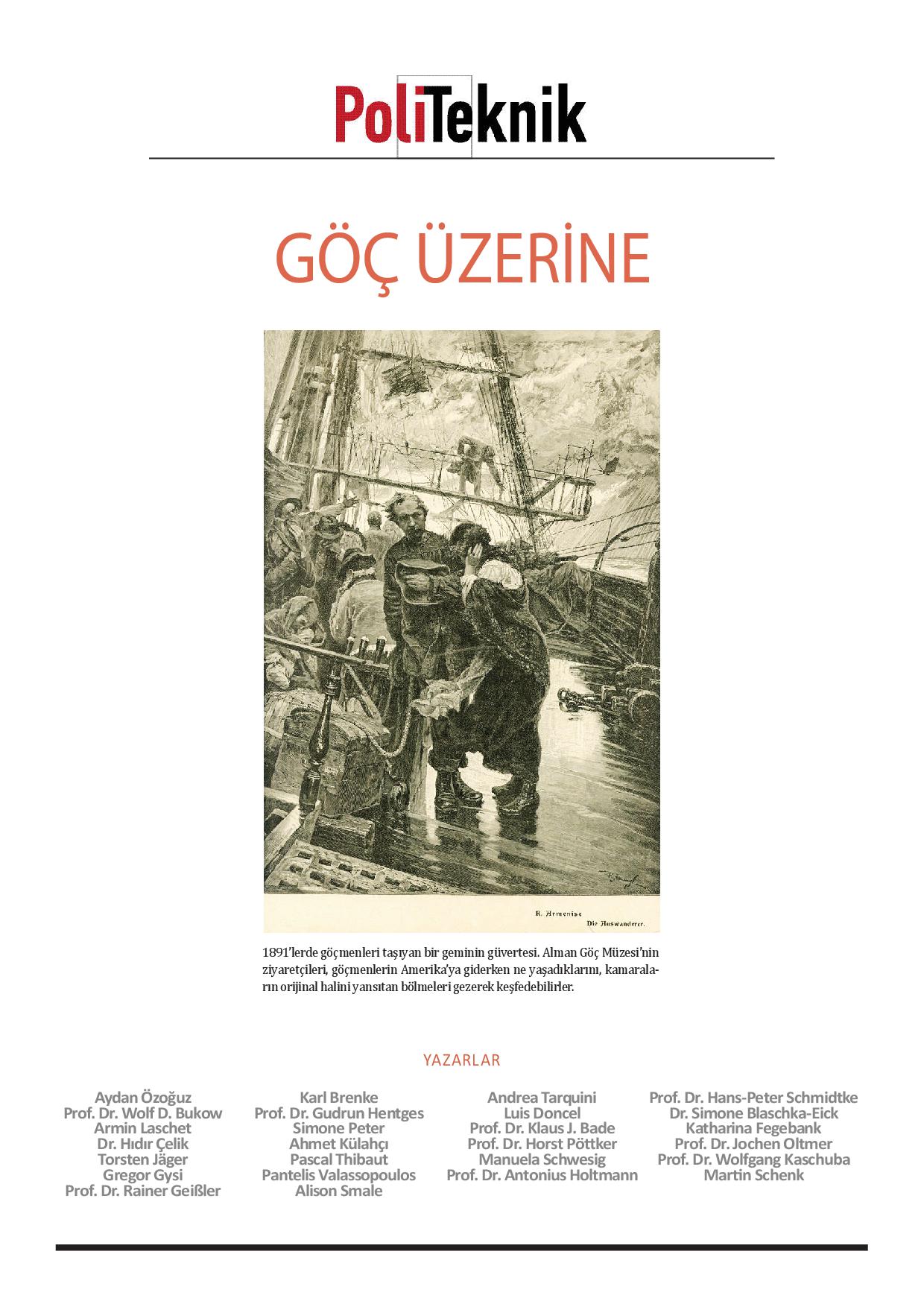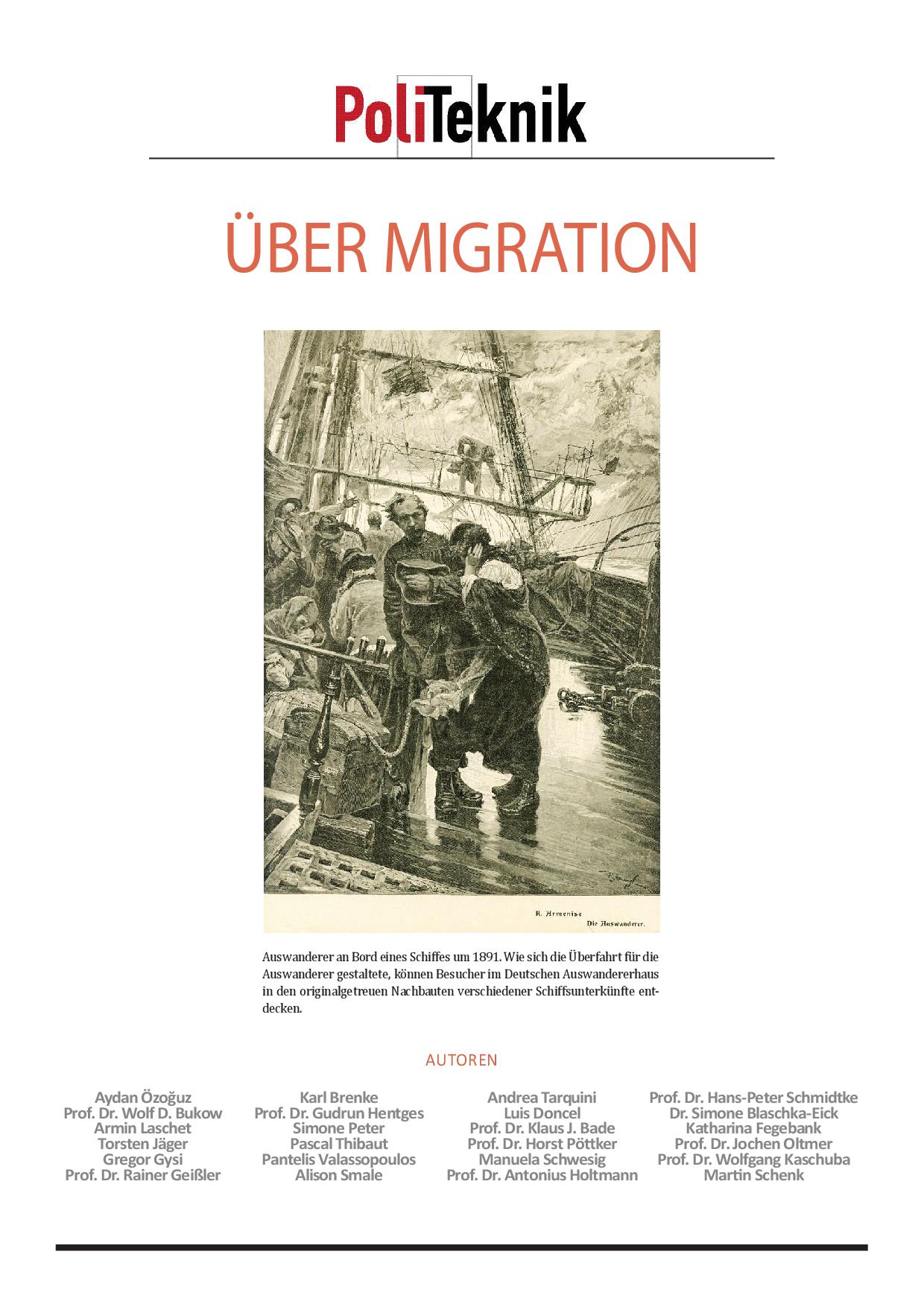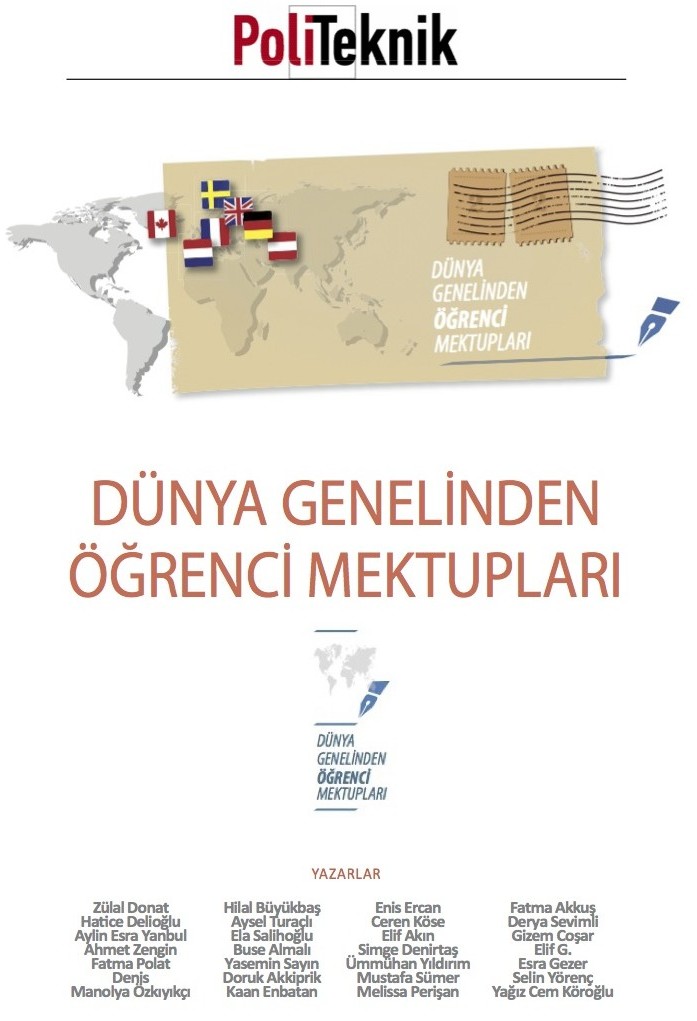Perhaps we have an opportunity. It might be a small one, but it gives hope to all societies, countries, regions, groups and communities. Above all, it gives hope to each and every individual.
This opportunity is education. Education means a range of things: teaching and learning, knowledge and skills, schools, understanding the world, understanding other people, and understanding oneself. It means the ability to work with others to shape this world; to find and develop common ground where controversy pre- vails. Education means recognizing the lives of others as legitimate ways of living, thereby preparing the ground for peace.
In a world marked by strife, exclusion and misery – a world that is losing its beauty of language, society, culture and nature – a lot depends on education.
This opportunity, however, exists in a world where 60 million children do not re- ceive education, and where awareness of the worth and necessity of education, even amongst adults, is very unevenly spread.
There is a need, therefore, to rethink education more radically and consistently than before. The United Nations has laid down the right to education in the Char- ter of Human Rights, and declared it to be an obligation – for governments, civil so- cieties and individuals. Its implementation has been partial, at best, and all efforts must be made to achieve its universal enforcement.
That, however, would not be enough. The world situation has become so acute that the right to education has to be significantly expanded. Education must become a global and comprehensive right – an entitlement that constitutes the core of hu- man self-understanding. This must be jointly and universally affirmed.
This affirmation, and the practices that follow from it, must be a collective exerci- se – something carried out in a spirit of understanding and listening to each other.
We invite you to this exercise – an enterprise that has already begun in a variety of ways, its implications being felt across the world.
It is about initiating and establishing a common conversation, a common thought process. It is about conducting a universal and substantive deliberation that would eventually persuade the world community – the United Nations – to extend human rights to education. What would be the themes of such deliberation?
While nothing can be fixed beforehand, the nature of the task would probably demand that at the very outset we critically assess the present state of education. In many countries and societies, education is neither sufficiently organized nor minimally guaranteed by the state. Of course, this does not mean that education provisioning is absent in these contexts or that people in these societies are indif- ferent to the importance of education.
The task is to identify the structural inadequacies, while at the same time sup- porting and strengthening the education opportunities that do indeed exist. In other countries and social contexts, education is being increasingly subordinated to the imperatives and priorities of corporations. While it is important to train pe- ople professionally so that they can find employment in corporations, education cannot be reduced to such training. The concept of education, therefore, needs to be constantly rethought and expanded. This would require, in turn, the ability to look at the world critically and with a concern for social well-being.
Right at the centre of the initiative, therefore, there must be a conception of edu- cation as a world orientation. Such an orientation would not mean, of course, knowing everything about the world – something patently impossible – but would involve a concern with freedom and peace in all countries of the world. The re- lationship between freedom and education, an awareness of how education can foster an awareness of freedom, would be at the heart of this world orientation. The focus would be on how knowledge can defend peace, how living peacefully is something that can be learned, and how all people have an inalienable right to live in a world without war.
Further, the extension of human rights to education must seek to ensure lifelong education. Vocational training and further education must be regarded as rights. Just as all people must acquire a language so that they can communicate success- fully at all levels of social life, education too is a means of effectively and autono- mously engaging with one’s environment. Education is, therefore, both an indivi- dual and social process, and there must be safeguards ensuring its development in both these aspects.
Are all these futile hopes? Perhaps we have to agree that these goals are daunting, and that any contemporary expansion of the concept of education must embrace and enrich pre-existing ideas. But such a process of conceptual enrichment can itself be a meaningful communication for all of us.
Our initiative gives us an impetus, but the outcome itself is open. What is probably at stake, however, is the very survival of humankind, something for which we are collectively responsible.

